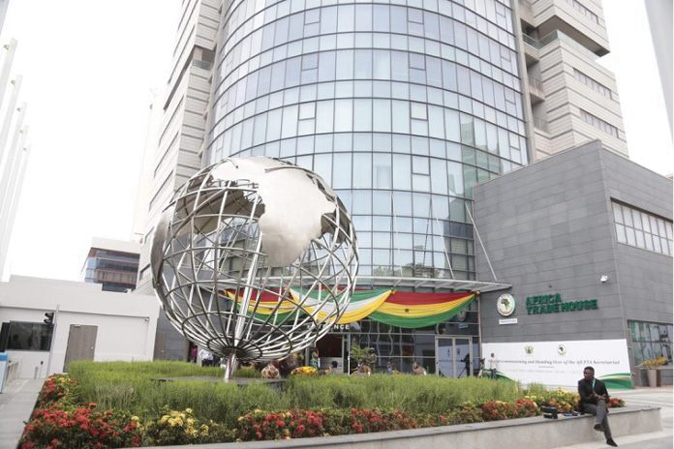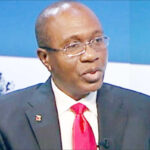As preparations for the operationalisation of the African Continental Free Trade Area (AfCFTA) scheduled for January 2021 gains traction, Nigeria’s National Action Committee AfCFTA is engaging stakeholders on the best ways the country can maximise the accruable benefits from the deal.
At the first strategic stakeholders sensitization seminar held in Abuja, the Central Bank of Nigeria (CBN) however said integrating African banks into the pact was key to the success of the deal.
The Director of the Monetary Policy Department at CBN, Dr. Hassan Mahmud, said: “There are about 700 banks in Africa, however, they only account for about five per cent of the global banking network. Continental integration in the banking system is key to strengthening the sector as a whole in Africa.”
The Minister of Industry, Trade and Investment, Otunba Richard Adeniyi Adebayo, whose ministry is driving the AfCFTA implementation said: “With the stakeholder sensitization, the National Action Committee hoped to begin a long and engaging conversation with all the Ministries, Departments and Agencies (MDAs) and stakeholders on what the AfCFTA will mean for them.”
Secretary of the Committee and Special Assistant to the President on Public Matters, Francis Anatogu, said: “The stakeholders are an integral part of the AfCFTA drive that would ensure a smooth, seamless and beneficial implementation of the agreement.”
He also described the AfCFTA as a vehicle for Nigeria’s quest for economic diversification.
“For as long as we depend on crude oil revenue, our economic prosperity will depend on oil prices which sadly continued to fall in recent times. The solution is to expand non-oil exports and AfCFTA gives us the opportunity to do that.”
The Executive Secretary/CEO of the Nigerian Investment Promotion Council (NIPC), Ms. Yewande Sadiku, in a presentation, said Nigeria is more ready for the operationalisation of the AfCFTA than most African countries. “Many Nigerian companies, particularly in the services sector, have long developed the capacity to serve the rest of Africa.
Meanwhile, the Acting Director-General of the Nigerian Office of Trade Negotiations (NOTN), Liman Victor Liman, said the rules of origin that would help Nigeria’s ratification of the pact was almost concluded.
Liman disclosed this at a meeting with the visiting Secretary-General of AfCFTA, Mene Wamkele, in Lagos last weekend.
Liman said: “As part of the agreement, it was proposed that ‘value addition’ should be between 30 and 45 per cent.”
He also said COVID-19 prevented parties from doing physical negotiations. “We may never be completely ready but we have engaged thoroughly to ensure that people understand the agreements.”
Mr Wamkele, on his part, said the secretariat has been listening to stakeholders on what they expect from the agreement.
“It is Africa’s last opportunity to integrate our market to ensure predictability and certainty of our market.
“We want to integrate women in trade, SMEs, and young Africans because if the agreement benefits only the big multinationals, it will not succeed.”
The Executive Chairman/CEO, BUA Group, Abdul Samad Rabiu, was excited about the pact, as he received the AfCFTA scribe. He said due to the poor implementation of regional trade agreements, there was high level of distrust amongst Africa nations despite their support for AfCFTA.
Rabiu said for the AfCFTA integration to be successful, there must be free movement through liberalised air travel, operations, and visa-free regimes across the Africa continent for businesses and individuals, as well as private sector partnerships.

 Join Daily Trust WhatsApp Community For Quick Access To News and Happenings Around You.
Join Daily Trust WhatsApp Community For Quick Access To News and Happenings Around You.

